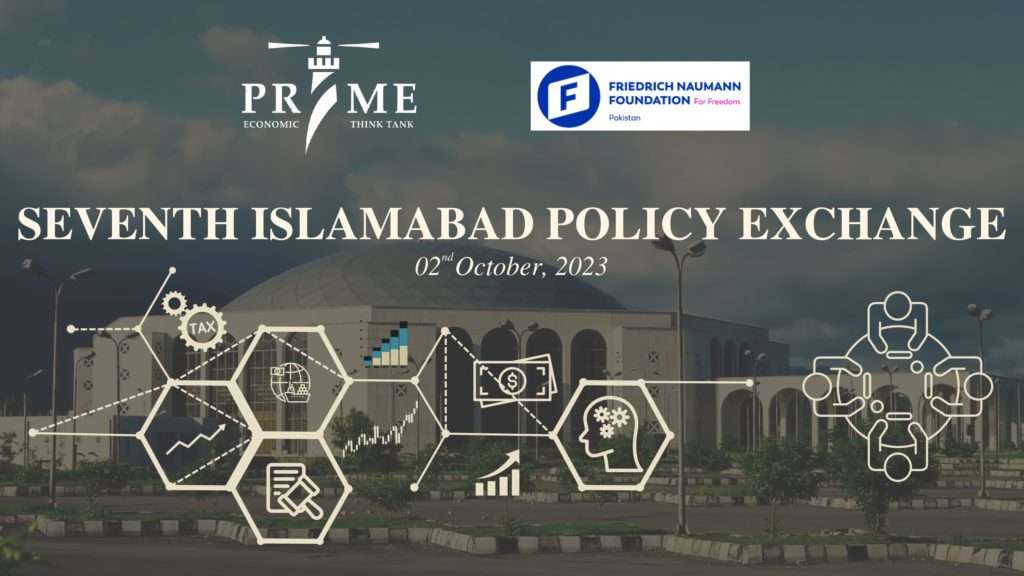
Islamabad: Speaking at the 7th Islamabad Policy Exchange marking the launch of a report titled “Pakistan and EU Trade Potential: The Bottlenecks and Roadmap for Reforms,” the author Dr. Aadil Nakhoda emphasized the urgent need to safeguard Pakistan’s GSP Plus status, as its revocation could result in a loss of more than $3 billion for Pakistan, further exacerbating the country’s balance of payment challenges.
The report, which was published by the Policy Research Institute of Market Economy – PRIME, in partnership with the Friedrich Naumann Foundation delves into critical aspects of international trade between Pakistan and the European Union, shedding light on the consequences of the potential revocation of GSP Plus status and offering crucial recommendations for policymakers and businesses.
Dr Nakhoda stated that Pakistan must broaden its product range and enhance product quality to tap into untapped markets within the EU as strategic diversification holds great significance.
While analyzing unit value and Revealed Comparative Advantage (RCA) data, the author highlighted the success stories of Vietnam and India in exporting high-value, quality products, stating that Pakistan must prioritize consumer satisfaction in export markets.
The report underscored the importance of improving the regulatory environment and promoting ease of doing business.
In his findings, Dr Nakhoda found that the regulatory structure is complex and creates distortions, raising the cost of doing business. He stressed that in order to promote exports, it will be critical to eliminate regulatory hurdles and reduce the operational costs of firms.
He also highlighted that Pakistani exporters need guidance and education regarding evolving international standards and compliance requirements so that domestic producers can improve their processes and adhere to quality benchmarks.
The report notes that a narrow export basket and limited market diversification are among the causes of Pakistan’s low export earnings. It recommends that Pakistan must not only diversify its exportable goods but also graduate to higher value-added products. Exporters need to explore unconventional markets to increase their earnings.
In this regard, Dr. Nakhoda pointed towards the expansion of two critical initiatives: the Pakistan Single Window and the National Compliance Center, to facilitate exports and enhance integration into global value chains.
The report also notes that female labor force participation remains low and calls for concerted efforts to empower women and harness their potential.
The report highlighted the importance of SMEs and their potential in promoting industrialization and exports of the country. Currently, policies are inclined towards promoting large scale industries while negligent attention is paid to facilitate SMEs. To embark on a growth trajectory and escape vicious cycle of balance of payment crises, it is crucial to promote SMEs by reducing regulatory hurdles.

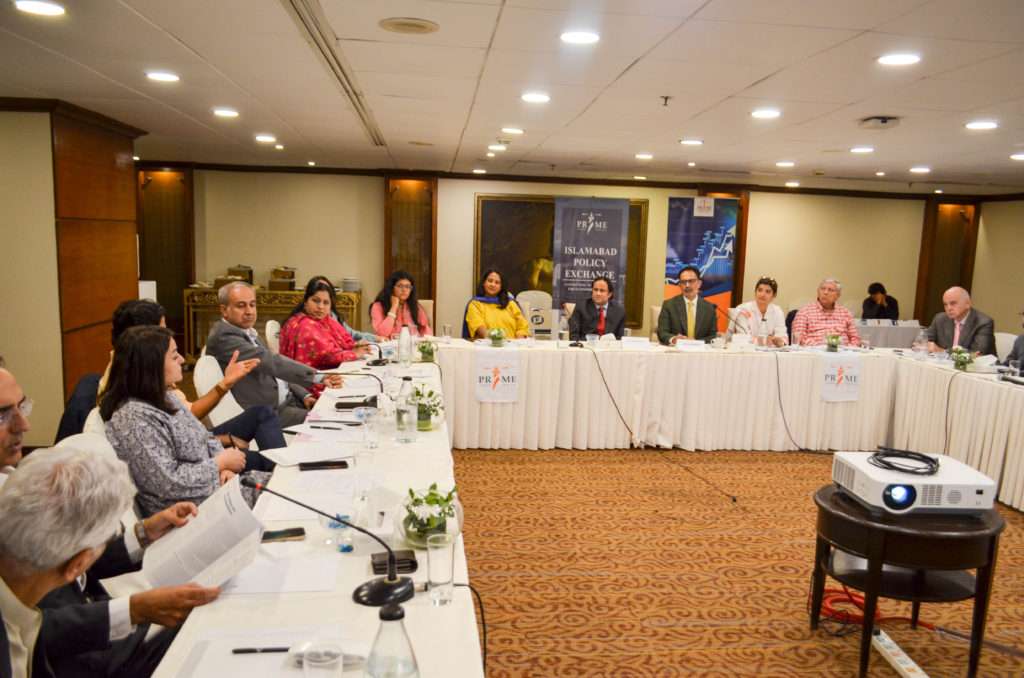
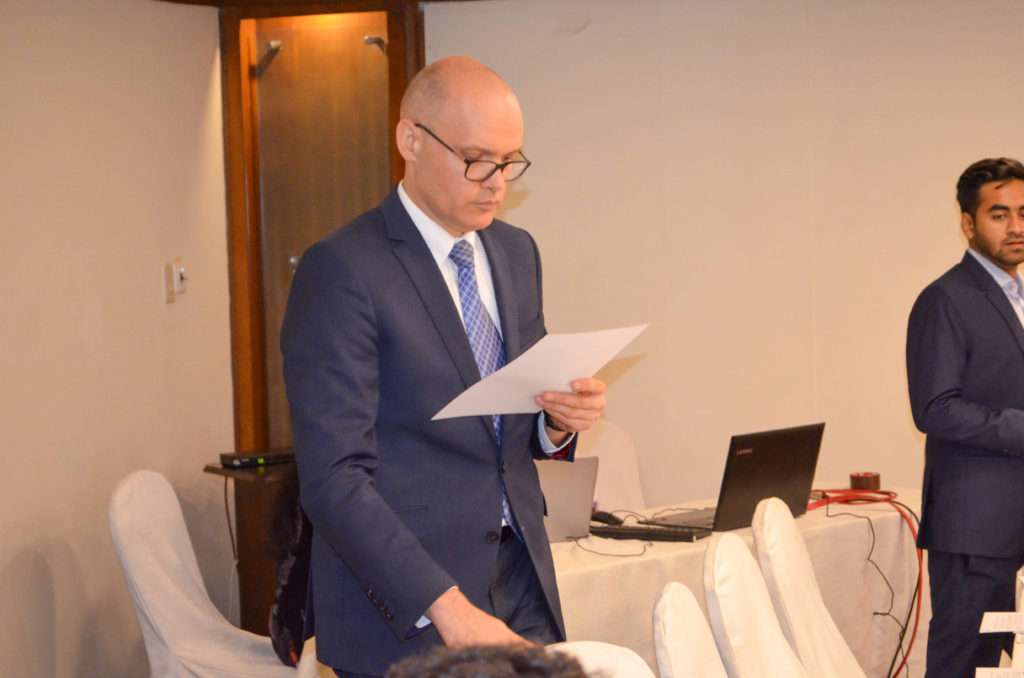
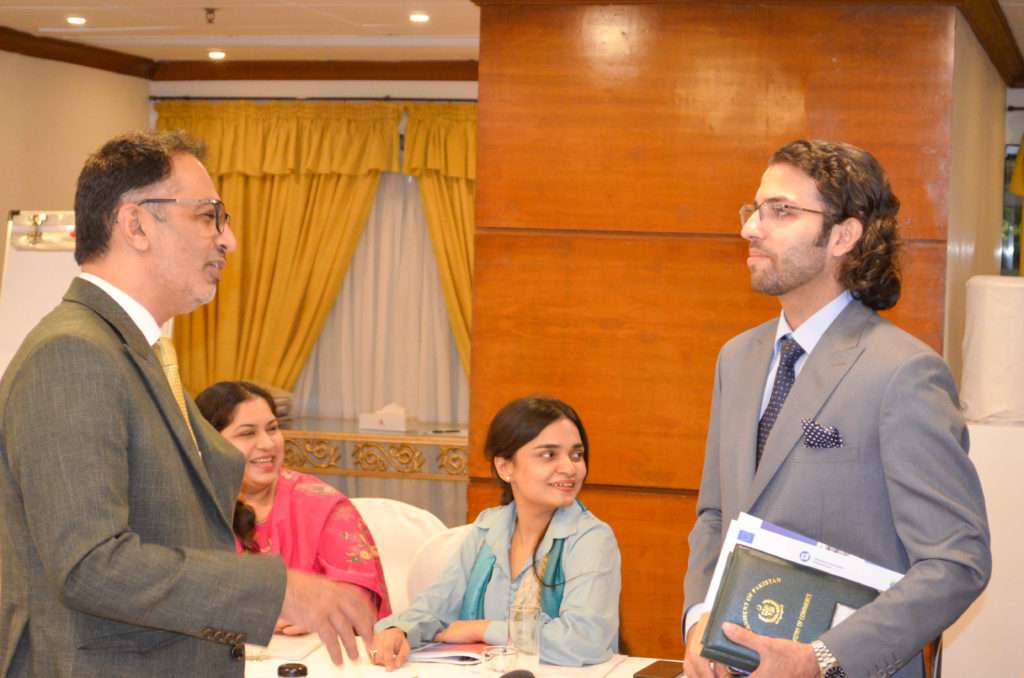
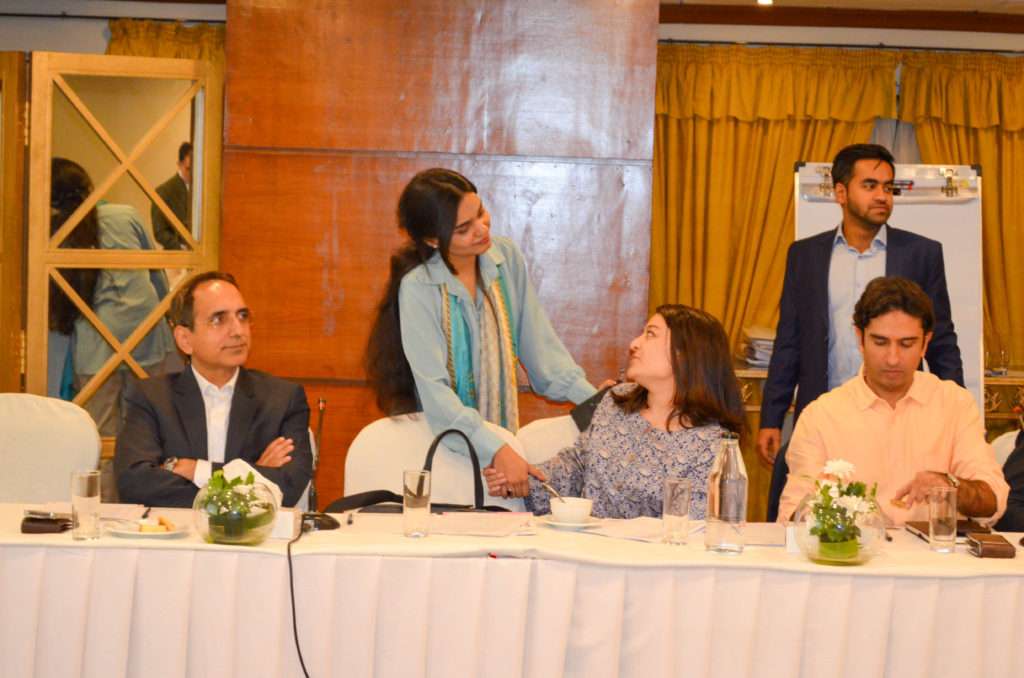
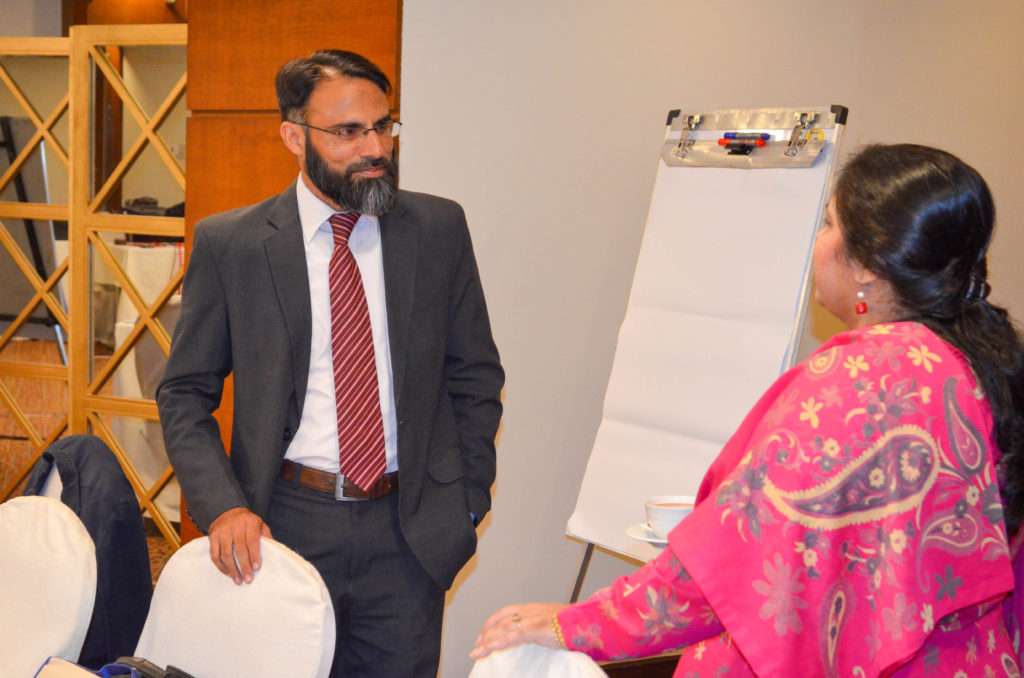
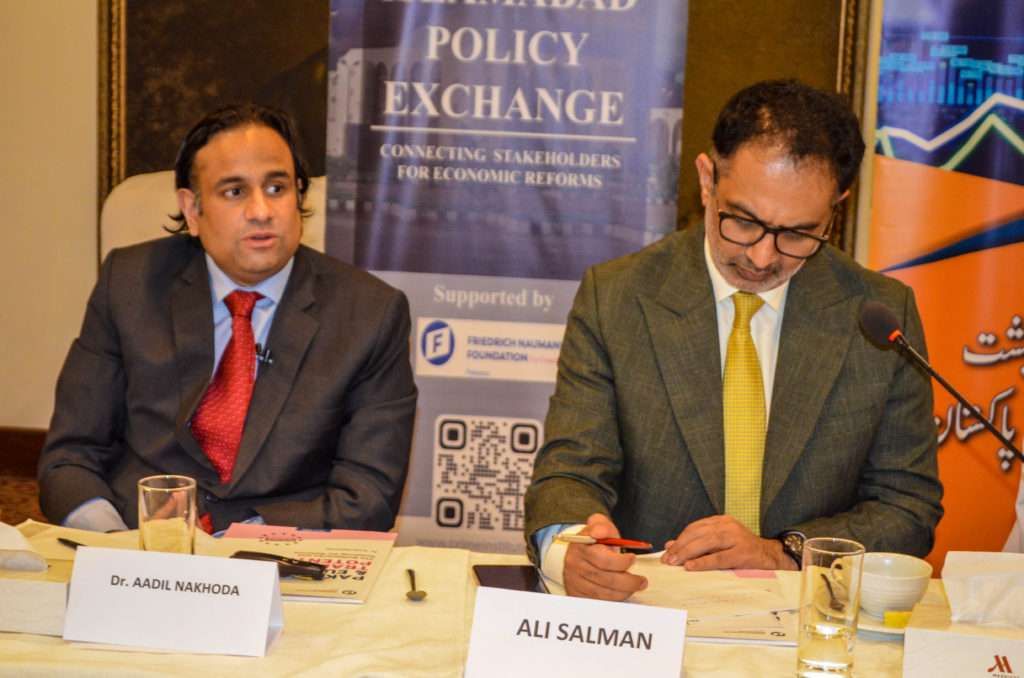
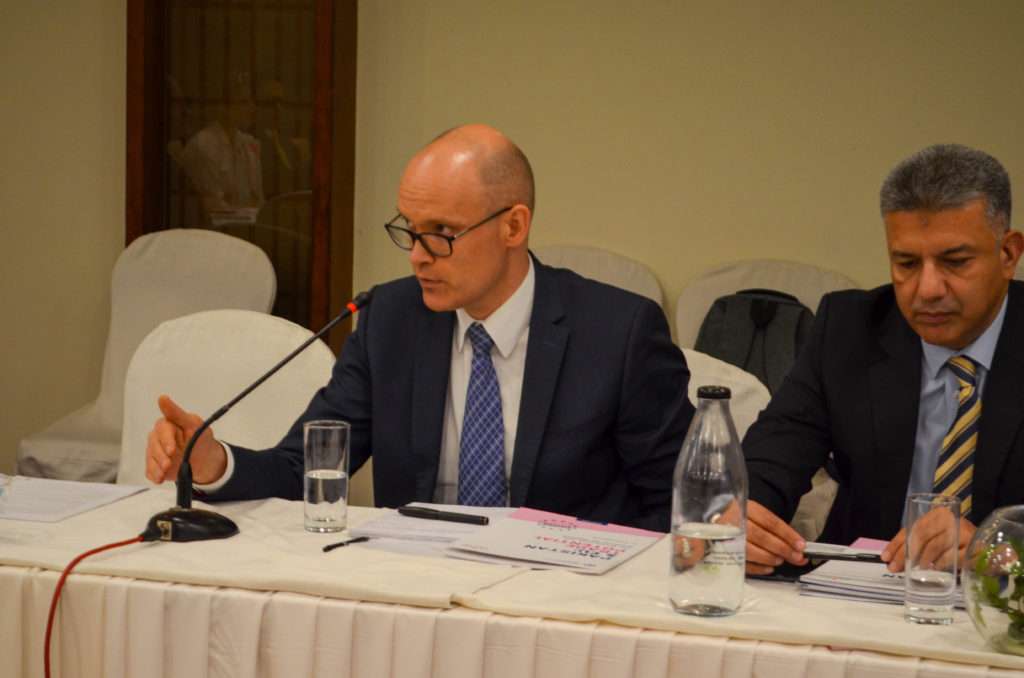
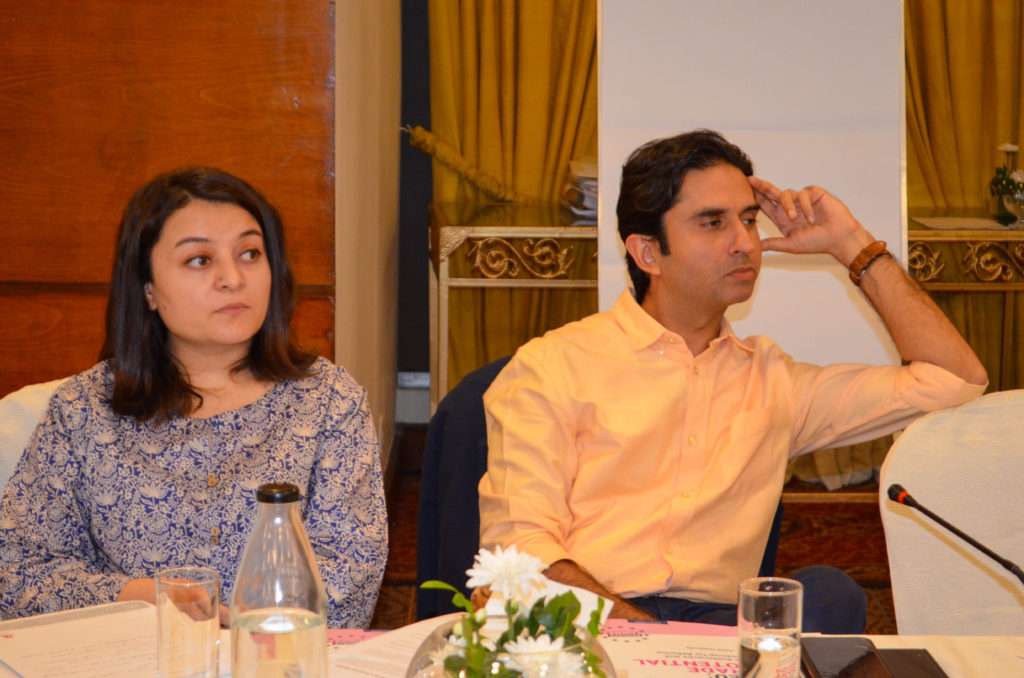
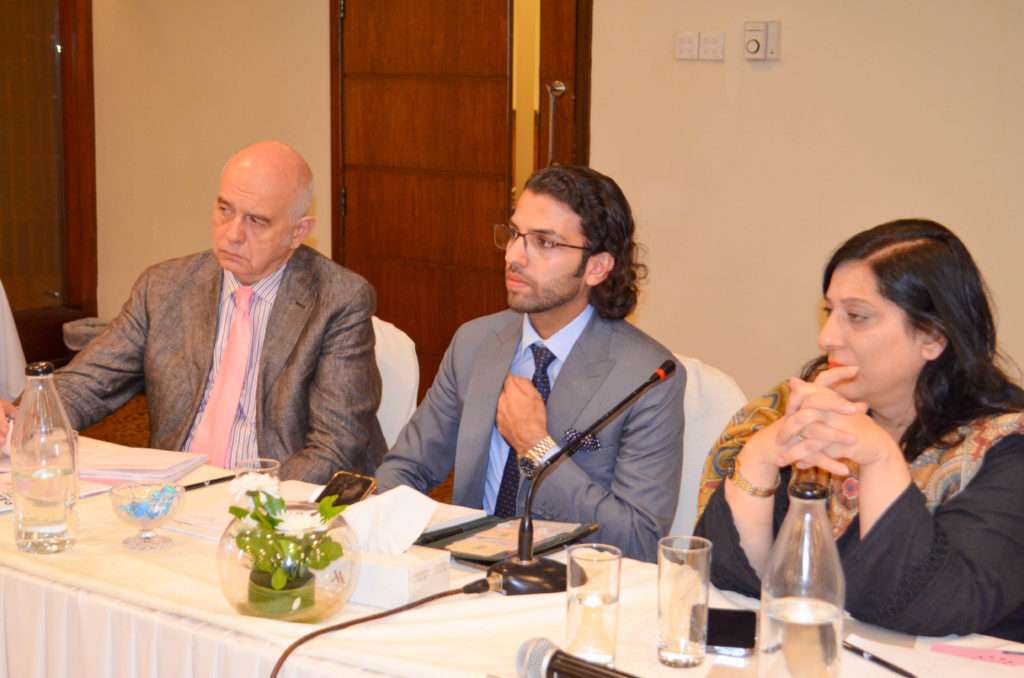
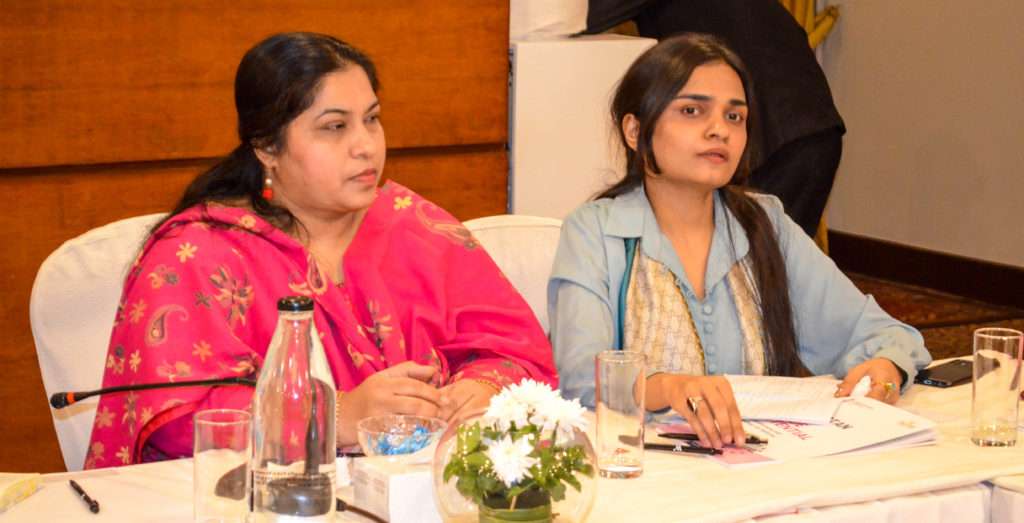
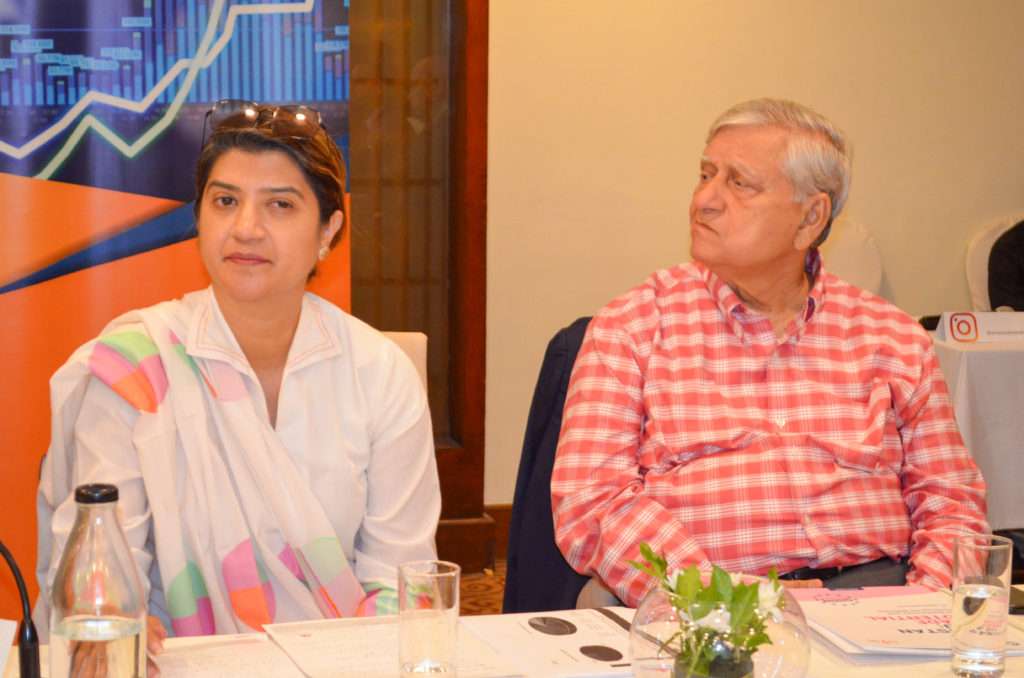

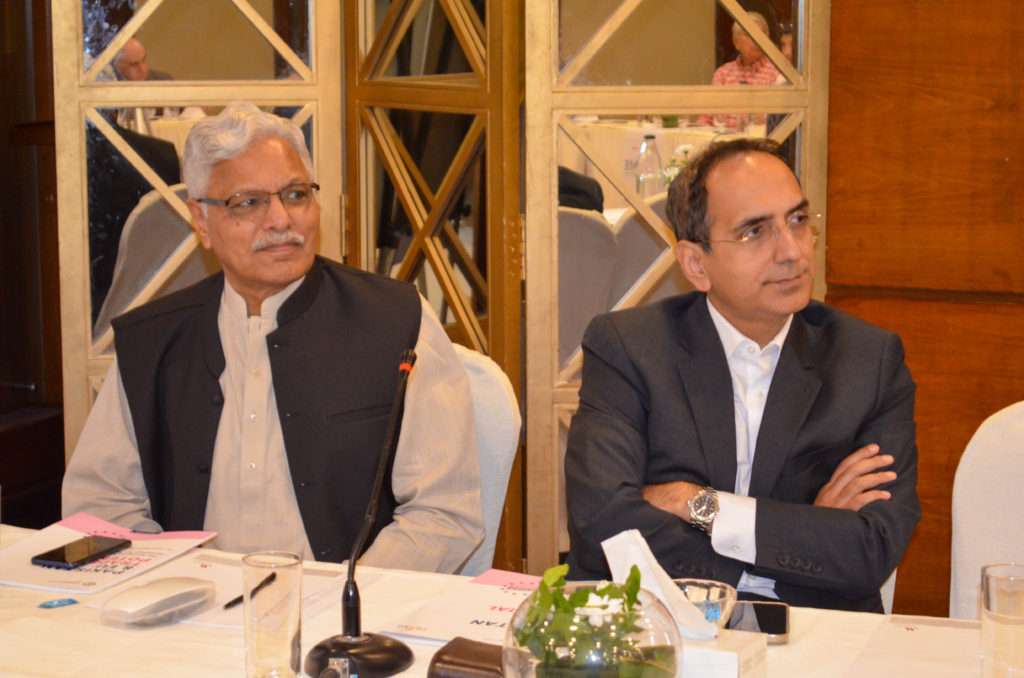
Click here to access the recording
For inquiries, please contact farhan@primeinstitute.org or call at 03315226825
